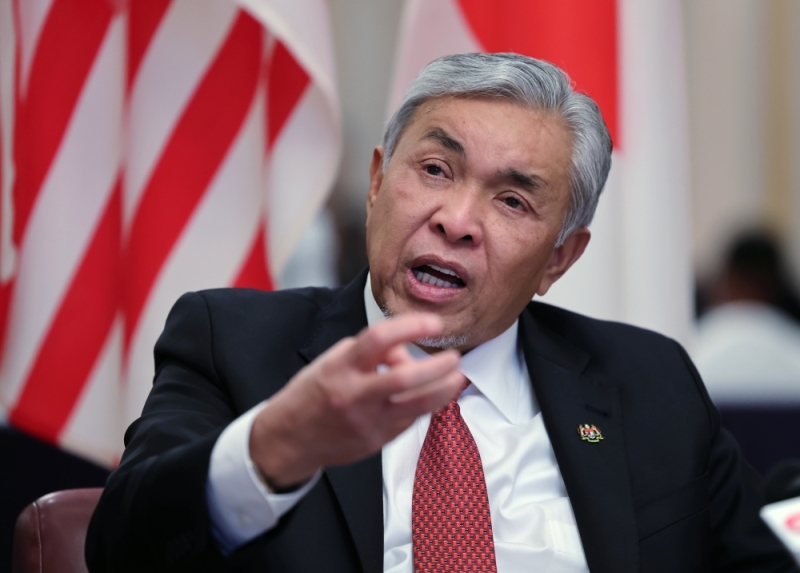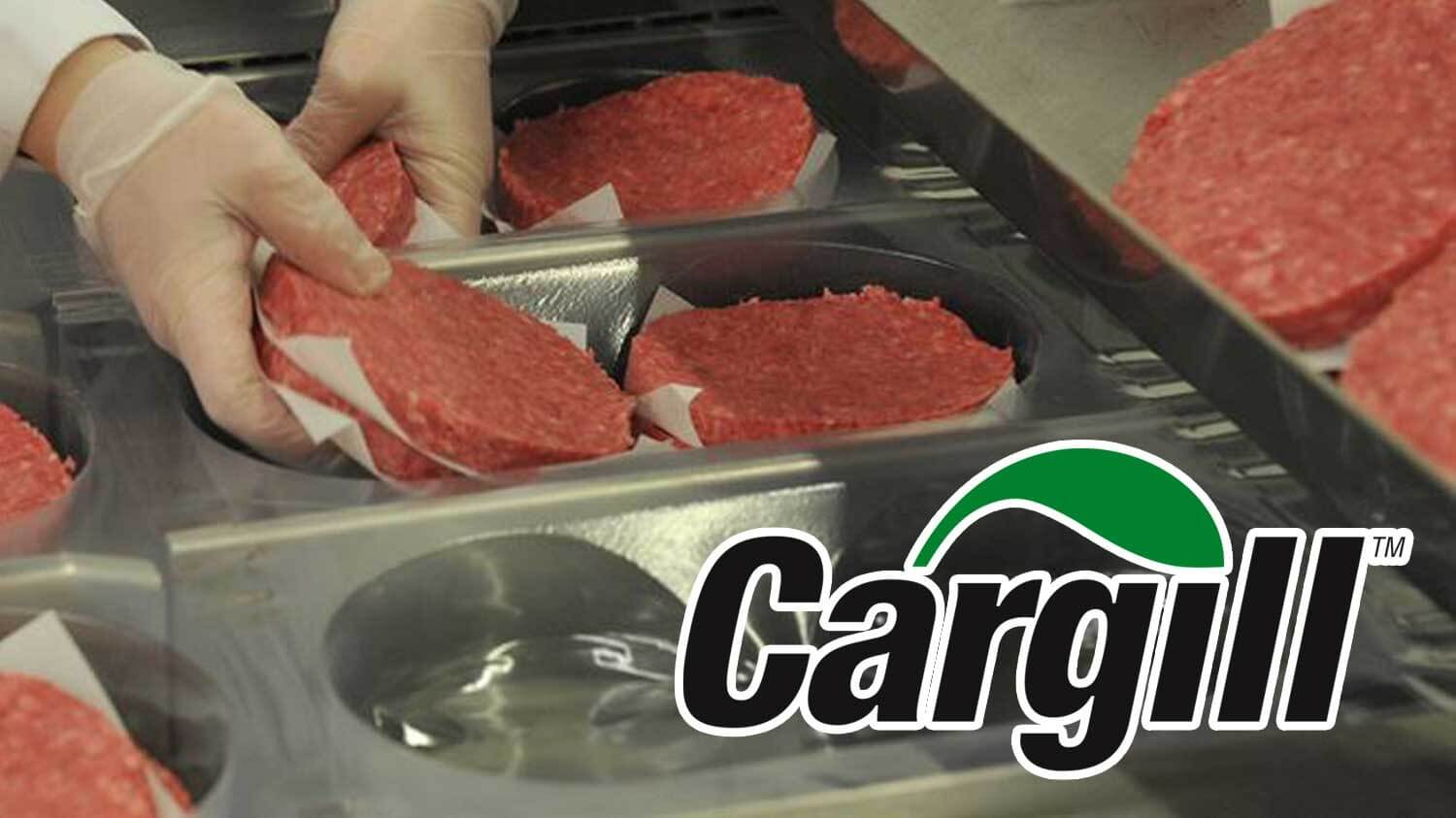Increases investment in Natural Prairie Beef Inc.
WINNIPEG, MANITOBA–(Marketwire – July
29, 2008) – The Manitoba Cattle Enhancement Council announced today it
has increased its investment in Natural Prairie Beef Inc. by $1.2
million. This has enabled the purchase of a former meat processing
plant, which the company plans to upgrade as a new beef processing
facility.
The investment by MCEC allowed the company to purchase the former
Maple Leaf pork processing plant at 663 Marion St. It follows MCEC’s
previous investment of $1.2 million, made in October 2007, bringing the
council’s total investment in the company to $2.4 million. After an
initial set of plant upgrades are complete this fall, Natural Prairie
expects to begin processing premium-branded, naturally-raised Manitoba
beef. The company expects to begin marketing its products in Manitoba
through retailers and direct to consumers in 2008.
The company is ultimately planning to turn the plant into a modern,
mid-sized, federally-inspected beef slaughtering and processing
facility capable of marketing Manitoba beef anywhere in the world. The
company is currently in the process of finalizing further financing
before it proceeds with a complete plant renovation to Canadian Food
Inspection Agency standards. MCEC will consider investing additional
equity into the operation to help it bring Manitoba beef products to
market.
“This is a major step towards the creation of a new
federally-inspected processing plant in Manitoba,” said Bill Uruski,
Chair of MCEC. “Over the short-term, this plant will be developing new
markets for Manitoba beef. Over the long-term, the goal is to market
our beef to the world and that is vital for the success of our
provincial cattle industry.”
Targeting Niche Markets
The company plans to target niche markets that have demonstrated
growing demand, including sales of Natural (hormone-free) beef and
kosher beef in North America. By focusing on niche markets, Natural
Prairie will avoid having to compete directly with the industry’s major
commodity-driven packers. Plans call for the completed plant to have
the capacity to process 250 head per week. It would be easily upgraded
to handle up to 500 head per week.
“This is excellent news and a solid investment by MCEC,” said Kate
Butler, MCEC’s Executive Director. “Our council will continue to work
closely with Natural Prairie to help them turn their vision for this
plant into a reality for the benefit of Manitoba producers.”
“We’re very pleased to have MCEC add to their initial investment as
we take this operation to the next level,” said Kelly Penner, President
and CEO of Natural Prairie Beef. “We’re nearly there. Our business plan
calls for a conservative, phased-in approach. At the end of the day,
we’re confident that we’ll be able to build a successful global brand
for premium Manitoba beef.”
“In anticipation of future plant upgrades, we’re currently working
closely with the City of Winnipeg and Manitoba Conservation to ensure
the new plant meets or exceeds all environmental standards. We’re
pleased to note that, when complete, the renovated plant will produce
significantly less waste than it used to, and that it recently passed a
tough Phase II environmental assessment,” said Penner.
The plant will employ 15-20 people starting in late 2008. The
company expects the plant will employ about 80 people by 2010 once it
completes renovations and ramps up production.
In addition to processing ‘Natural’ beef, the plant will also
accept conventionally-raised cattle. In addition, it will include a
sophisticated system to trace the animals from ‘gate-to-plate’ so
customers can be assured of their quality.
Protection Against Future Border Closures
Of MCEC’s total $2.4 million investment, the original $1.2 million
was made up of $750,000 in short term debt and $450,000 in equity to
help develop new markets. The new $1.2 million is an investment to
enable the purchase the plant, secured by a full mortgage on the
property.
MCEC has also negotiated the right to convert the debt to equity
and suspend its dividend at its option in exchange for rights to hook
space at the facility. This hook option could be of benefit in the
event of a border closure or similar crisis because the hook rights are
assignable by MCEC to Manitoba producers who have supported the MCEC
program.
“When the BSE crisis shut the border in 2003, Manitoba producers
were all but shut out of plants in Ontario and Alberta. They had no
place to take their animals and it nearly ruined our beef industry.
We’re very close to being able to say: never again,” said Uruski. “Our
council’s mandate was to create programs that enhance our cattle
industry. We’ll continue to seek out opportunities to do so.”
“We have to be as smart as we can in our approach,” said Butler.
“Targeting niche markets such as kosher, halal and Natural beef makes
sense and this plant was a good opportunity when it came on the market.”
“The plant was desirable for three main reasons,” she said. “First,
it will benefit from Winnipeg’s central location and its close
proximity to major highways, railways and an international airport. The
location can help minimize transportation costs for producers and
Natural Prairie. Second, the company will also benefit from the city’s
large and stable labour pool. And third, the plant has already passed a
critical environmental assessment.”
The MCEC began operations in 2006 with a mandate to support
made-in-Manitoba solutions for a long-term, viable beef industry in
Manitoba. The council administers an investment pool that is funded by
a $2 per head levy on all cattle sold by Manitoba producers. The
province is matching the levy for the first three years so every $2
becomes $4. The council’s goal is to invest in initiatives that will
lead to increased slaughtering and processing capacity, or that will
enhance the market for value-added cattle products. For more
information on the council, please visit www.mancec.com.



